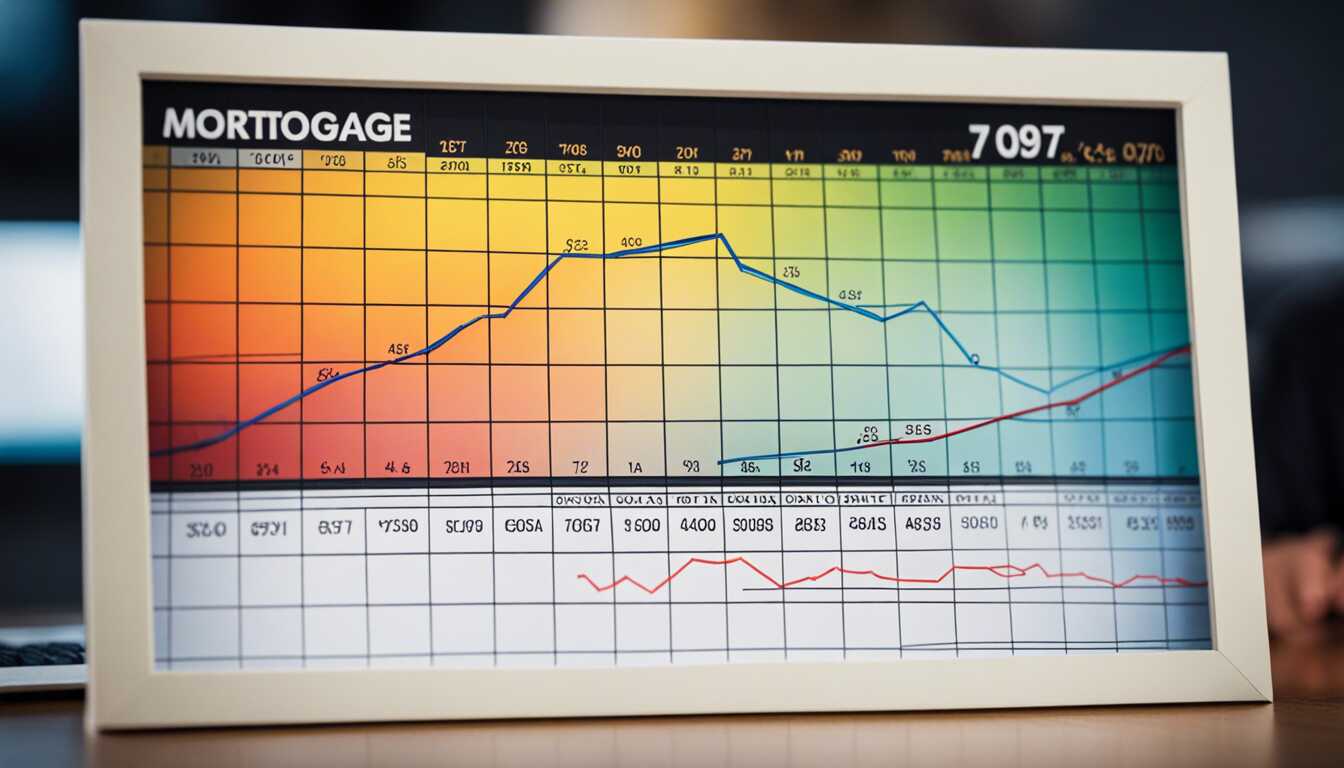
Mortgage Rates Surge Beyond 7% as Economic Data Strengthens

The average rate for a 30-year fixed mortgage has exceeded 7% for the first time since December, hitting 7.04%. This surge comes after an unexpected spike in the January employment report, leading to the steepest jump in over a year. Additionally, a monthly manufacturing report further contributed to the rise in rates. The fluctuating mortgage rates have been on a rollercoaster since the summer, briefly reaching a 20-year high of 8% in October before sharply declining as signs pointed to the Federal Reserve concluding its interest rate hikes phase. Although the Fed's decisions do not directly influence mortgage rates, they are loosely tied to the 10-year Treasury yield, which is heavily impacted by the Fed's assessment of the economy.
Expert Insights
Matthew Graham, chief operating officer at Mortgage News Daily, noted, "The rapid increase in rates over the past two days is actually not too surprising given the fact that the market was widely seen as overly optimistic on the Fed rate cut outlook. The Fed has repeatedly pointed to economic data having the final say in that outlook and data has been shockingly unfriendly to rates as of Friday morning's jobs report."
Despite the recent decrease in mortgage rates, the housing market witnessed a slight upturn in buyer activity. Concurrently, the number of homes for sale saw a slight increase, though overall inventory remains historically low, sustaining intense competition and high home prices. The low supply and high prices resulted in 2023 being the worst year for home sales since 1995. However, industry experts are hopeful for a better 2024.
Economic Outlook
Michael Fratantoni, chief economist at the Mortgage Bankers Association, stated, "The strong job market is good news for the spring buying season as higher household incomes are a necessary component, but it also means that mortgage rates are not likely to drop much further at this point."
The median price of an existing home sold in December was $382,600, reflecting a 4.4% increase from the previous year. This marked the sixth consecutive month of year-over-year price gains, with the median price for the full year reaching $389,800, a record high.
Future Rates
In light of the impact of small rate fluctuations on monthly payments and affordability, the looming spring housing market is driving attention to mortgage rates, particularly amidst the backdrop of soaring home prices.
Matthew Graham emphasized the uncertainty surrounding future rates, stating, "The future of rates in 2024 is all about ifs and thens. If we see more data like last Friday's jobs report, rates will have a hard time getting back below 7%. But inflation is even more important than the labor market. If inflation comes in cooler than expected, it could balance the outlook."
As mortgage rates continue to grab headlines, the implications of these fluctuations on the housing market and overall economic landscape remain of paramount interest.
Share news















